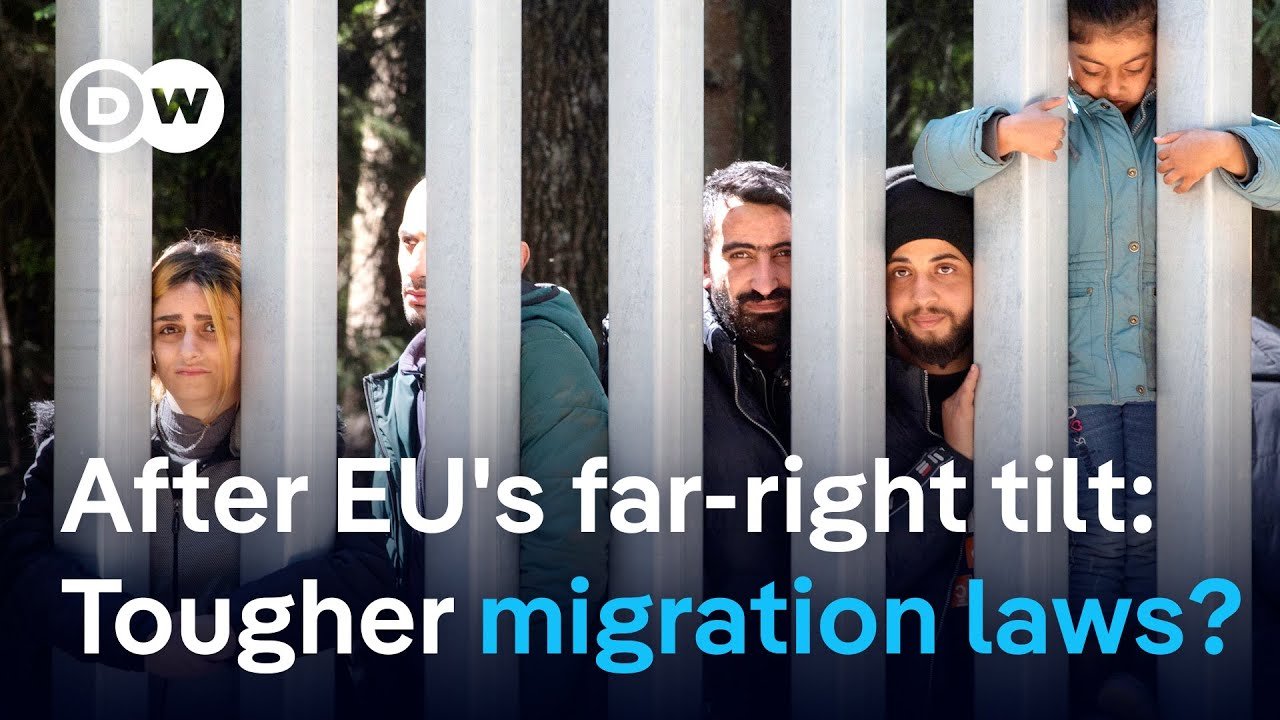- The far-right’s electoral success varies across Europe, with significant gains in some countries but not in others like Scandinavia.
- There is concern over the shift of traditional and mainstream parties towards more restrictive migration policies.
- The EU’s new migration pact focuses on making entry into Europe more difficult for migrants and refugees, and facilitating their deportation.
- Despite the pact’s human rights pillar, there are fears that its implementation could lead to further violations of migrants’ and refugees’ rights.
- Amnesty International plans to continue advocating for the prioritization of human rights in EU policymaking, especially concerning migration.
- Migration was a top concern for EU voters, alongside the economy and international conflicts, reflecting the politicization of the issue by far-right parties.
- The far right’s impact on legislation may be limited due to their lack of a blocking majority in the European Parliament.
- EU Commission President Ursula von der Leyen seeks to secure a second term by forming a coalition with pro-European, centrist allies.
- Political dynamics in the European Parliament show a potential majority could exclude far-right and nationalist groups if it includes Greens, Liberals, and Social Democrats.
- The discussion around migration policies is influenced by both populistic rhetoric and the need for sustainable, long-term solutions.
DW News is a global news TV program broadcast by German public state-owned international broadcaster Deutsche Welle (DW).
AllSides Media Bias Rating: Center
https://www.allsides.com/news-source/deutsche-welle-media-bias
Official website: https://www.dw.com
Original video here.
This summary has been generated by AI.

Leave a Reply